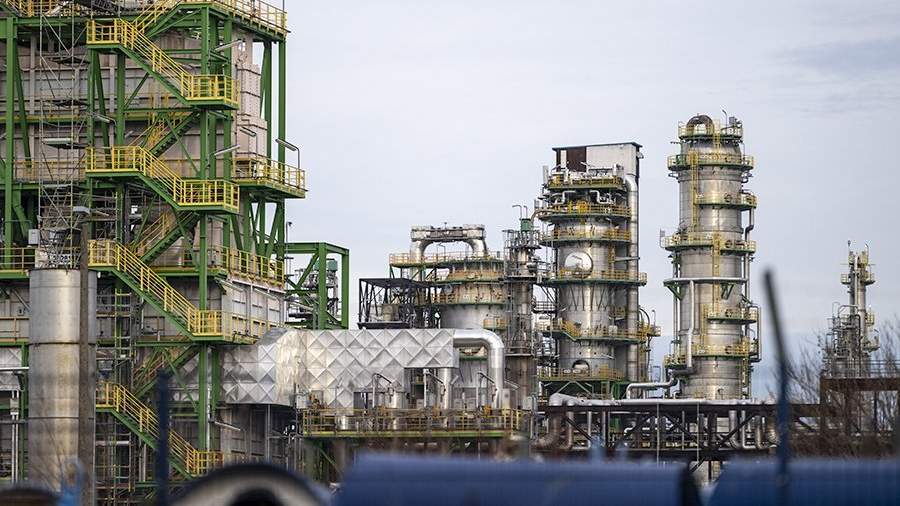
BRICS Plus as Brazil is top Russian diesel importer
By Rhod Mackenzie
In early October, Brazil significantly increased its imports of Russian diesel fuel, despite restrictions on its export being imposed by the Russian authorities. By the second half of October, Brazil had even become the largest destination for diesel fuel exports from the Russian Federation, surpassing Turkey. Furthermore, Russian companies have established themselves as the primary external suppliers of diesel fuel to the Brazilian market. Russian supplies to Brazil this year are outdoing American refineries in terms of price competitiveness, despite the latter having been leaders in this market for some time.
Brazil imported record amounts of diesel fuel from Russia in October this year, despite the fuel export restrictions that the Russian government had introduced towards the end of September. Kpler data shows that daily seaborne supplies of diesel fuel to Brazil in October had increased to almost 200 thousand barrels, which is a 27% growth compared to September.
On September 21, the Russian authorities had prohibited the export of gasoline and diesel fuel in order to lower their cost within the country. However, with tanks rapidly filling and refineries threatened with a reduction in processing, the ban was relaxed two weeks later to allow diesel to be exported via pipelines. The restrictions were not completely lifted, nor were they eased for petrol.
As a result, marine exports of diesel fuel fell by almost 25% month-on-month to 765 thousand barrels per day (b/d) in September and around 780 thousand b/d in October.
Turkey has been the largest importer of Russian diesel since January, accounting for around 30-40% of monthly volumes. However, Russian companies reduced exports to this country in October, while supplies to Brazil, the second largest importer of Russian diesel fuel, rose sharply. Deliveries to Turkey were just over 210,000 b/d in October, compared with imports of 281,000 b/d in September, according to Kpler data. Perhaps the reallocation of exports may be attributed to the higher volume of diesel fuel shipments transferred via pipelines through the Baltic ports, compared to those through Novorossiysk. Additionally, the distance between Primorsk and Brazil is only 25% greater than the distance to the southern coast of Turkey (via the English Channel and Gibraltar).
After the introduction of an embargo and a price ceiling on oil and petroleum products from the Russian Federation by the EU and G7 countries on 5th February 2023, Russian oil companies expanded their maritime supplies geographically. India and China emerged as the primary buyers of seaborne oil shipments, while Russian diesel fuel, previously supplied to Europe, was exported in large quantities to Turkey, Brazil, Saudi Arabia and African countries.
Previously, the United States was the biggest diesel fuel exporter to Brazil, but this year, supplies have significantly decreased.
This year, the Russian Federation has surpassed the United States in total export volumes, aided by discounts, albeit with a gradual decrease in the amount of the discount. According to the Argus agency, the difference between cargo sale offers from ports in the US Gulf of Mexico and Russian ports is nearly 20 cents per gallon (£0.14 per litre). It is possible to negotiate larger discounts when selling multiple shipments simultaneously. The October auctions of the state-owned Petrobras company, during which low prices were offered, led to a decline in supplies from US refineries, as reported by the agency.
This is the genesis of Russia's fuel crisis.
Victor Katona from Kpler believes that Brazilian prices are more enticing to Russian firms than those in Turkey. In Brazil, the discrepancy between the final values of Russian and American diesel fuel is $6-8 per tonne, while in Europe the difference between local supply options and Russian fuel prices is as much as $10-15 per tonne. Although Turkey is more convenient in terms of logistics, the isolation factor was of little concern during the export embargo period. Until 15th October, the Turkish market held priority and the analyst believes that the shift in volumes is likely due to the ban on exporting diesel fuel.
